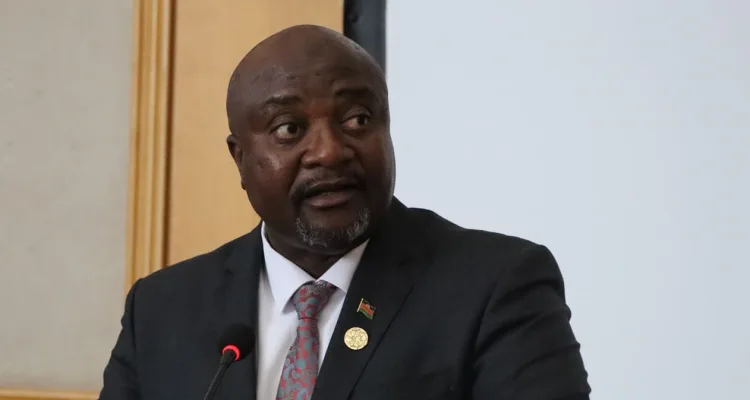
Minister of Energy Ibrahim Matola has described the newly introduced special agriculture electricity tariff as an initiative anchored at facilitating and promoting agro-industrialisation in the country.
Matola said this at Bingu International Convention Centre (BICC) in Lilongwe on Friday during the district officers’ sensitisation meeting on the special agriculture electricity tariff.
He said the formulation of the special agriculture electricity tariff is a collaborative effort among all concerned stakeholders and the success of which does not belong to a single institution but to Malawi as a whole.
“For a long time, high electricity bills have been a barrier to small-holder agriculture production as a key player in the agriculture sector in the country. ESCOM has been using Maximum Demand Tariff, therefore we came up with negotiations between the ministry of agriculture and my ministry through ESCOM and MERA to introduce the special agriculture tariff,” Matola said.
“Although the introduction of the special agriculture tariff comes at a cost, it is envisioned that this will eventually be regained as agriculture production increases through increased productivity from the cooperatives and small and medium enterprises creating a demand for more energy as enterprises expand,” he added.
In her remarks, Head of Presidential Delivery Unit (PDU) Dr. Janet Banda said Malawi will be among the few countries in Africa to have introduced the special agriculture tariff.
She said, at the heart of agro-industrialisation lies the issue of affordable access to electricity and for Malawi at this stage, affordability of access to electricity is a necessity.
“PDU received a request from the ministry of agriculture to assist in resolving the issue of high electricity bills which were choking and stifling the growth of irrigation agriculture and small and medium agro-processors. This in turn was crippling efforts by the ministry of agriculture aimed at advancing the presidential transformational agenda of food security, wealth and job creation,” she said.
According to Chifundo Kameko, Senior Marketing and Business Development officer for ESCOM, beneficiaries of this tariff are a group of smallholder farmers/cooperatives who have come together to irrigate or process their products, private individuals irrigating up to 50 hectares, agro-processors processing from primary products and should be registered and certified by the ministry of agriculture and ministry of industry and trade.
Reported by Sellah Singini














